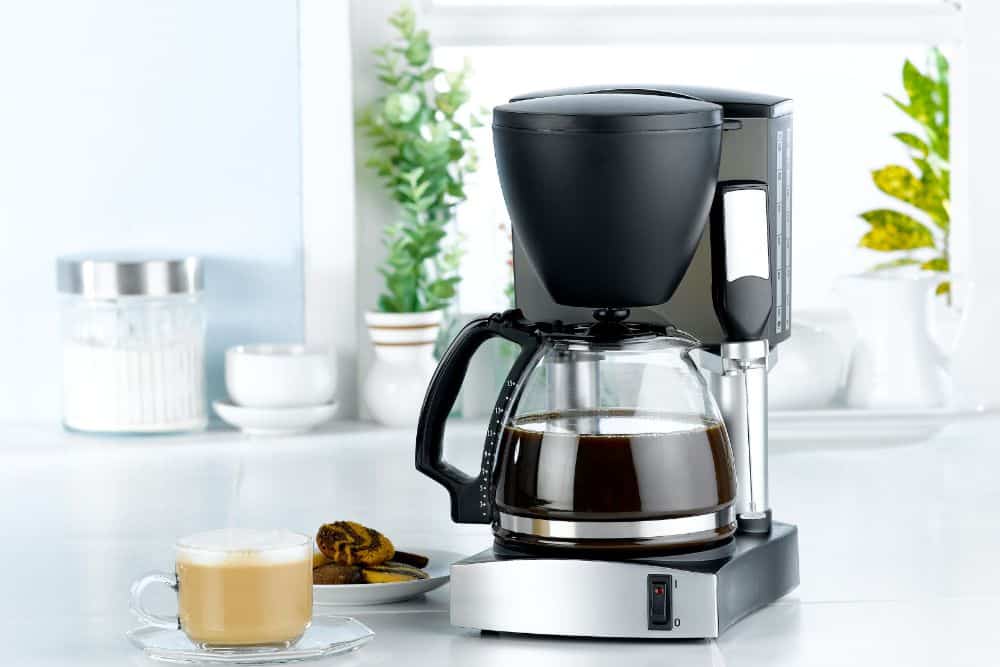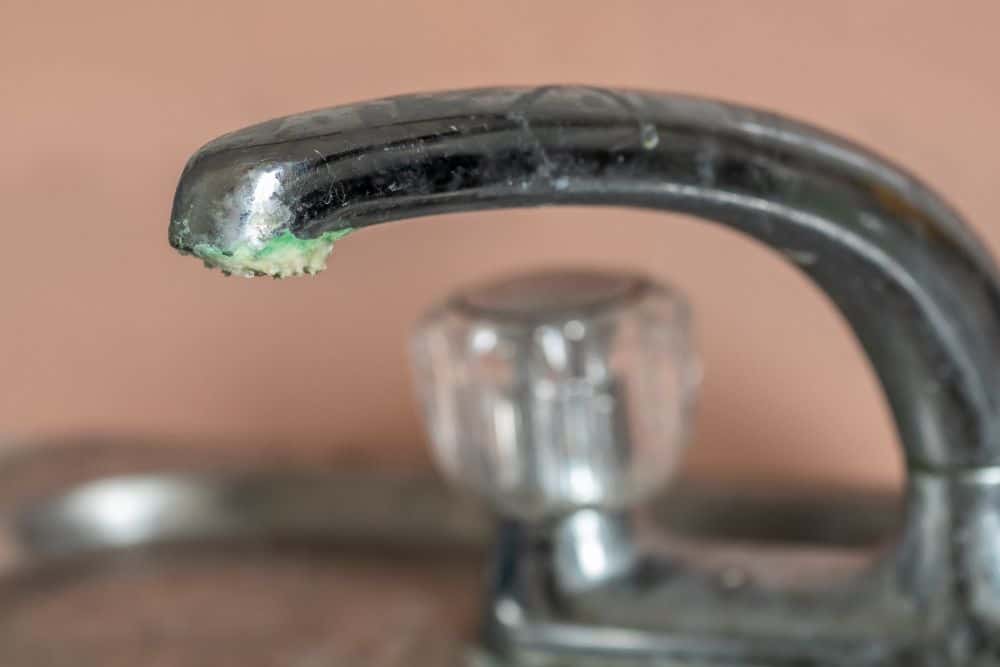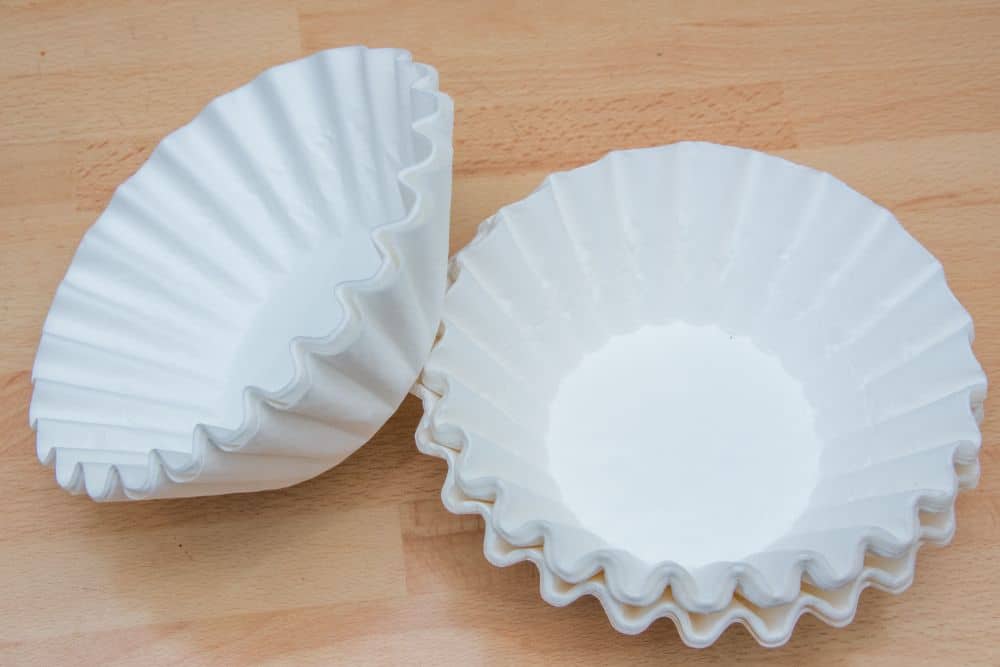Are you confused about why your coffee maker is taking so long to brew? This problem often happens when you have had your coffee maker for several months to a year.
There could be several factors at work if you have a slow coffee maker. The most common problem is that your coffee machine is clogged with minerals from hard water and needs cleaning.
However, this is not the only reason your coffee pot may run slowly. This article will explain why your coffee pot is slow and how you can fix it at home.
Before explaining how to make your slow coffee maker work like new again, you need to know how coffee makers work.
The simplest explanation is that the coffee maker heats the water, causing the pressure to rise. The hot water travels up through the intake hose, through the valve, and drips into the coffee grounds basket. From there, the coffee slowly drips into the carafe, where you can pour and enjoy it.

As you may already know, multiple things can go wrong when brewing a pot of coffee. Here is why your coffee maker may not work as it should, with possible solutions below.
Slow coffee machines frustrate caffeine lovers. Here are several reasons why you could be having trouble with your coffee maker.

You can buy commercial cleaning liquids for your drip coffee maker, but a DIY solution can be just as effective.
Vinegar, partly made from acetic acid, reacts with the minerals clogging your coffee machine and dissolves them. This process is an easy fix for a slow coffee maker.
Mix a 1:1 solution of white distilled vinegar and water, filling your carafe with half water and half vinegar. Pour the vinegar mixture into your reservoir and brew as usual. You may notice right away that the liquid flows faster.
After the vinegar and cold water solution goes through the machine, follow these three steps.
After cleaning your coffee pot with vinegar, you should notice a difference in the machine's speed, as well as the coffee's taste. If it doesn't work completely, try repeating the process.
Cleaning a clogged coffee maker hose or valve can be complicated, but it can save you the cost of a new machine.
Avoid cleaning a Nespresso or similar espresso machine with vinegar. Instead, use the branded cleaning solution that comes with the machine. Vinegar could damage countertop espresso machines.
You've cleaned all of your hoses and valves and descaled the pot. If your coffee machine is still slow, you might have the wrong coffee filter. Some paper filters are too thick for water to drip through. Try a reusable metal mesh filter to test this idea.

Never use a paper towel as a coffee filter. A piece could tear off and become stuck in your coffee machine's hoses. This blockage could cause your coffee maker to slow down or stop entirely.
Having a coffee pot that doesn't work correctly is frustrating when you want a good cup of coffee in the morning. We have answers to your questions about your slow coffee maker.
Most coffee machines take about three to five minutes to brew a pot, from when you turn it on to when it finishes brewing.
Most coffee machines take about three to five minutes to brew a pot, from when you turn it on to when it finishes brewing.
If you've noticed that your coffee maker is not making enough coffee, you are probably dealing with a clog of some kind. Alternatively, you could have a problem with the pump.
If you have a slow coffee maker, it's probably clogged. Follow the steps above to descale the machine, and if that doesn't work, check the valves and hoses.
If you can hear a gurgling sound when you turn on the coffee pot, but nothing else happens, you probably have a clog on your hands. It may be a mineral clog, a hose clog, or a valve clog.
If you don't hear any sound, it's possible that you have a broken pump and you need a new machine. You could also have power, thermostat, or circuit board issues.
Moka pots are stovetop espresso makers rather than traditional coffee pots. If you aren't getting quick enough results from your Moka pot, you probably don't have the heat up high enough.
Unfortunately, if you have tried all the suggestions in this article, including checking all the hoses for blockages, you may be unable to fix your coffee machine. It may be time to replace it with a new one.
